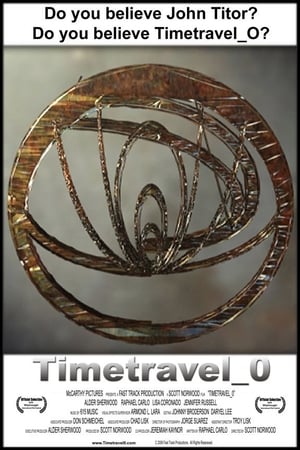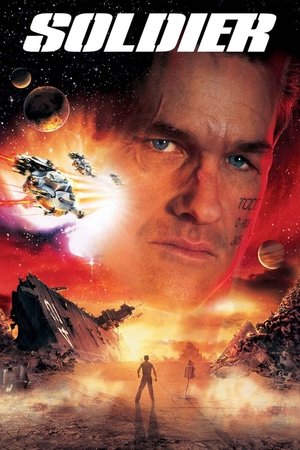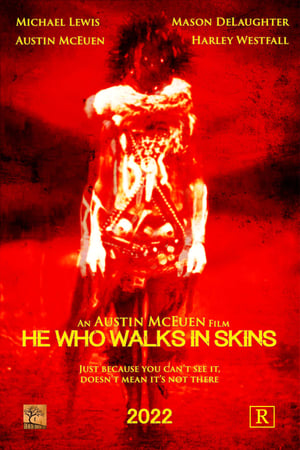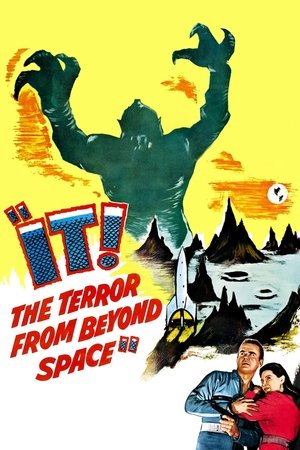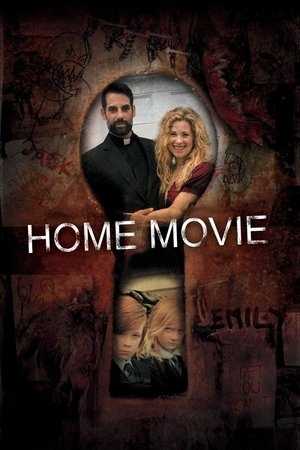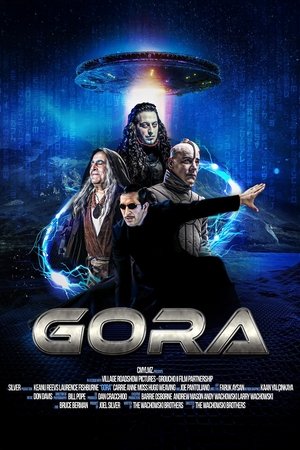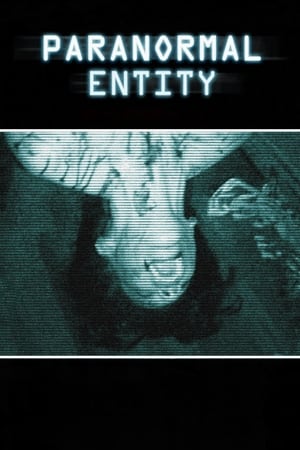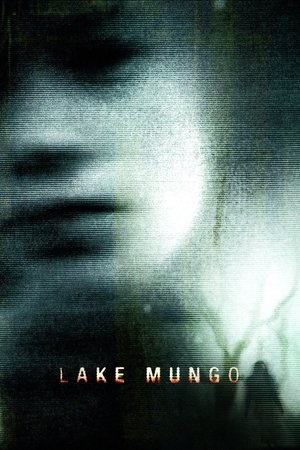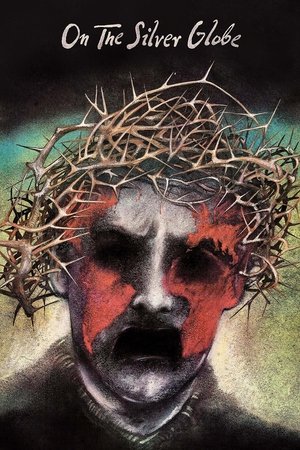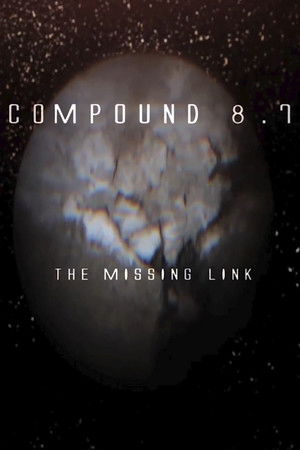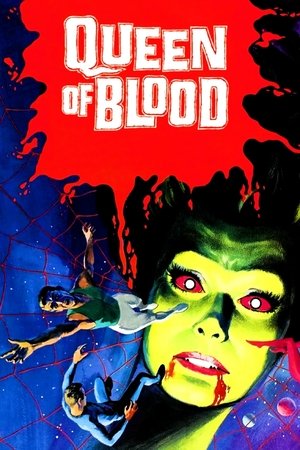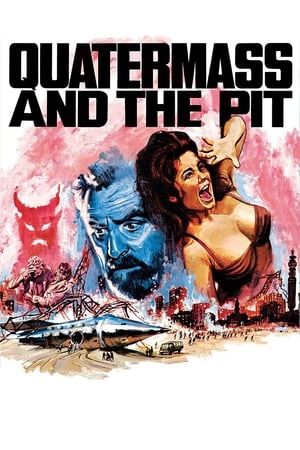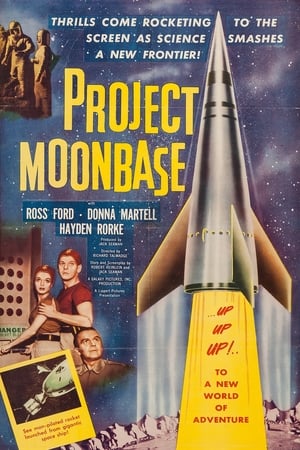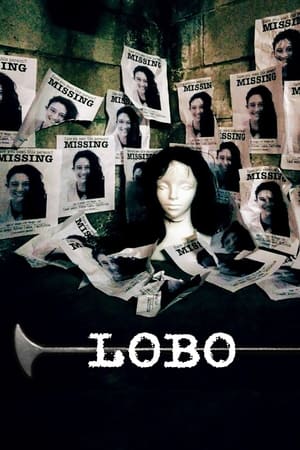Overview
A crew of international astronauts are sent on a private mission to Jupiter's fourth moon.
Reviews
Europa Report is one of those low-budget sci-fi films that crop up occasionally and start making the rounds on genre websites (my own first blush with the film was on io9.com) to create a buzz. Since Hollywood has depressingly sworn off any films that aren't megabudget tentpoles with an already-established audience anticipation index (read: sequels, remakes, or pre-existing properties), this kind of high-minded-but-low-budget genre films is a rarity at best.
In the film, six astronauts embark on a mission to (as one would expect) Europa, one of Jupiter's moons, after recent discoveries show a possibility of microbial life underneath its icy oceans. What we see is the recorded video from their ship's cameras (yes, it's a found footage film) that tells the story of their ill-fated voyage.
It's a simple premise, and director Sebastián Cordero seems to be a bit unsure of himself at the outset. The film refuses to follow a linear narrative; even before the main title appears, we join the crew many months into their trip, and are given the knowledge that there's obviously been an incident onboard already, one that's robbed the journey of one of their intrepid space explorers.
Two things worried me at the outset of the film: one: the much-ballyhooed attention to detail (the filmmakers brought on NASA to ensure an unprecedented degree of scientific accuracy) and two: that constantly-shifting timeline of the film. The first point was worrisome because most films that tout so heavily their technical accuracy forget to be dramatically compelling, and the second (similarly) because an overreliance on storytelling gimmicks to keep the audience's interest often betrays a weak story.
Happily, neither caused the film to fail: the attention to detail enhanced rather than detracted, and while the unnecessary nonlinearity of the storytelling didn't go away until the end, it did finally calm down enough for the audience to orient themselves. Given that I know now how the story unfolds, I can say that it would have actually been more dramatically compelling for the audience if the film had just told itself in a more straightforward manner. Ultimately, though, it works fine, just slightly weaker than it could have been.
The bare-bones plot is aided by some smart writing that refuses to dip into easy characterizations and instead defines its astronauts by their mission, rather than cliched, singular personality traits. While refreshing to see, it does leave some of the characters as relative cyphers, but strong performances all around (including District 9's Sharlto Copley and The Girl with the Dragon Tattoo's Michael Nyqvist) get the film over that slight bump.
What's most gratifying about the film, however, is that it never loses its sense of awe. The film refuses to give in to the cynical pessimism of big-budget sci-fi fare, and its astronauts recognize the immense importance of their mission, particularly when things start to go south. Cordero keeps the tension ratcheted up, never letting the audience forget just how innately tenuous safety during space travel is. The performances are all good, and Copley in particular is a standout.
But what I appreciated most about the film was its tactile nature, a by-product of its low budget. The difference between models and fully CGI creations is literally tangible. A week or so ago, I watched Disney's 1979 film The Black Hole for the first time, and while the green-screening of that flawed film is terribly shoddy, its effects stand miles taller than most of the genre fare produced today, if only by virtue of the fact that being real, they informed the cinematography and performances around them.
Europa Report fits in comfortably beside Duncan Jones' fantastic low-budget Moon, and while not perfect, compares favorably to that modern classic. This class of film can either be a failure (see: Apollo 18) or a classic (the aforementioned Moon); Europa Report isn't flawless, but it's a great entry in the canon of smart, well-made sci-fi.
**A thrilling and suspenseful space exploration film.**
Space exploration themes are the next big thing in cinema, as well as in the real world. So there some good films, I mean not science fiction, but real science based films were made in the recent times. This is one looked like one of those until the final scene. According to be, it looked so good, but when the end came, it ruined everything.
It was more like a docu-adventure-drama, but was a found-footage type film. I wanted to see it ever since I saw 'The Last Days on Mars', because people were comparing between these two. I think both these titles looks same, except different planet exploration. The 99 per cent of the film looked like a real mission, except the conclusion.
The writer, director and all the actors did good. The entire story takes place on a spaceship and a few scenes on the Jupiter's moon Europa, obviously a setting. If you like space travel concepts, you will enjoy it. It was just like 'The Martian', but it did not have popular actors, otherwise would have made a little buzz. Most of you have already seen it, if not try it, it is worth if you are a sci-fi fan.
_6/10_
A decent space exploration movie. Worth a watch.
The story is quite run of the mill - nothing very original here. A group of astronauts are sent on a mission to explore one of Jupiter's moons. The plot follows the mission and the issues that arise during the mission. Although the premise is one we've seen before, it is told well in a solid manner, without frills or exaggeration.
The actors do their job well. Their characters are, again, solid and credible. No-one suddenly goes crazy and starts killing or sabotaging the mission. They are just a group of astronauts doing their job, with good and bad decisions taken along the way. There is not much character development or back story, which means one tends to care less about what happens to them in moments of crisis.
The filming is interesting - the audience is watching through cameras set up as communication feeds for Earth. This allows for some interesting shots and editing, and gives the movie an intimate feel. One can actually sense the space and limitations of the craft. Some scenes are really quite beautiful to watch.
Overall this is a decent movie and worth a watch. The director and actors do very well with the relatively low budget and a simple story. It was a bit slow at times, but never too much. Fans of space exploration movies will like this. Watch it at least once.

 90 min
90 min
 6.285
6.285
 2013
2013
 USA
USA
 Matt Golden wrote:
Matt Golden wrote: